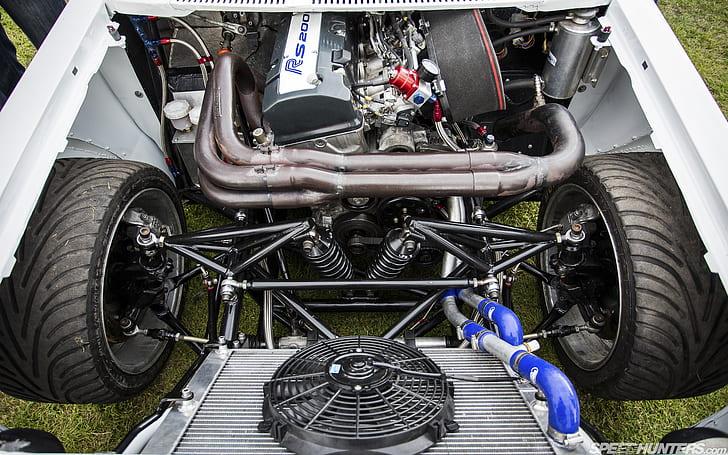If your toyota check engine light is on, you need to pay attention! Some issues can be harmless, but others could lead to more serious problems down the road. Check out this article to discover the five most common reasons why the check engine light may be on in your car, and what you can do about it.
Check engine lights on your Toyota vehicle can appear for many different reasons, so it’s important to understand what your vehicle’s check engine light means in order to correctly address the problem and get back on the road quickly. Here are five of the most common reasons your Toyota check engine light could be on, along with advice on how to handle each of them.
1) A Loose or Faulty Gas Cap
One of the most common causes of toyota check engine light is a loose or faulty gas cap. When you fill up at the pump, it’s important to make sure the gas cap is tightened before you drive away. If it doesn’t seem like it’s fully seated, get out and tighten it.
If you don’t have a secure fit and your car is still in warranty, take it to your dealership for an evaluation. If it isn’t under warranty, you can buy a new cap at most auto parts stores for less than $20 and get it installed. Just remember to reset your check engine light after you’ve had it fixed.
Another possible explanation is that dirt, rust and debris has built up on your gas cap. Every time you fill your tank, it’s important to take a minute and give your cap a good cleaning. If that doesn’t solve it, there may be something else going on with your car.
2) Your Car Needs an Oil Change
If your toyota check engine light is on , it might be because you need an oil change. If you’re overdue for an oil change, then the oil in your car may be too thick and not circulating properly. The machine that measures the thickness of the oil might detect this and set off a warning light. Even if you’re not due for an oil change, it’s still important to keep up with your regular maintenance. It will help keep your car running smoothly and avoid costly repairs down the road.
If your toyota check engine light is on and you’re due for an oil change, be sure to bring your car in right away. The sooner you get it changed, then more likely you’ll avoid bigger problems down the road. You should always change your oil based on how often you drive, but if possible try to do so before it reaches a full 1000 miles marker.
3) The Oxygen Sensor May Be Failing
The oxygen sensor is a device that measures the amount of oxygen in the exhaust and sends a signal to the car’s engine computer. If the signal doesn’t match up, it will set off an alarm indicating that there may be a problem with the sensor.
if toyota check engine light is on, You should have your oxygen sensor inspected as soon as possible. Replacing a faulty sensor will prevent additional damage from occurring to your engine and keep you safely on the road.
The oxygen sensor may be one of several symptoms, so before you can troubleshoot, you must determine if your check engine light is on. How to know whether your Toyota Check engine light is on will depend on where it’s located, as well as which vehicle model you have. Some of these indicators include an illuminated check engine icon or any warning lights that are lit up around the gas gauge or speedometer.
4) The Catalytic Converter Might Be Going Bad
The catalytic converter is a key component of your vehicle’s emission system. It works with the engine to reduce harmful emissions, but it can be rendered useless if it’s not working properly. In this case, your check engine light will likely be on because there are too many pollutants in the exhaust. A malfunctioning catalytic converter will also cause a loss in horsepower and fuel economy as well as an increase in hydrocarbons and nitrogen oxide levels.
5) There’s a Problem with the EVAP System
When the gas tank is filled, excess fumes are purged from the EVAP system and sent through a charcoal canister. If there’s a problem with the EVAP system, these fumes will not be purged and the check engine light will turn on.
EVAP stands for evaporative emission system. Whenever you drive your car, gasoline vapors are given off. If these vapors are not stored properly, they can enter your engine and cause problems. The EVAP system is designed to store these fumes in a sealed container until they evaporate out of harm’s way. A problem with this system will make your toyota check engine light turn on.
 Blogger For You Blog site
Blogger For You Blog site
